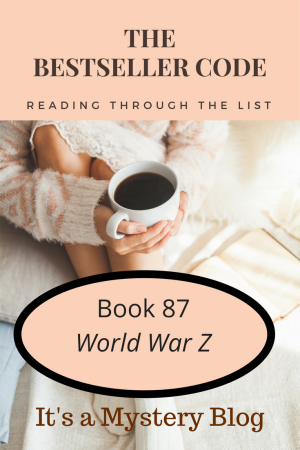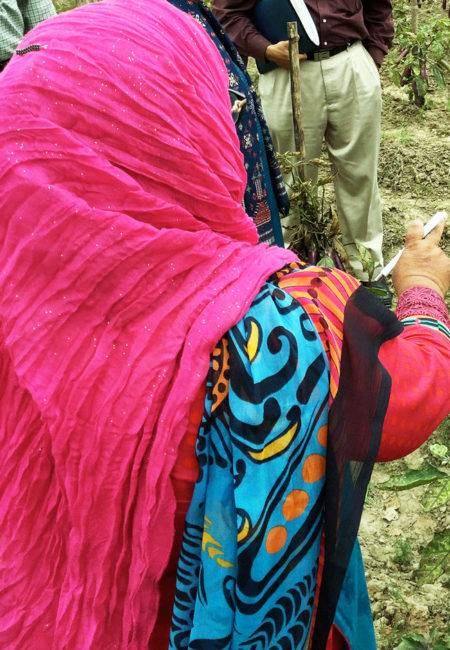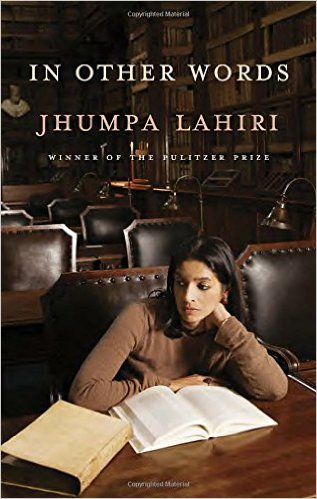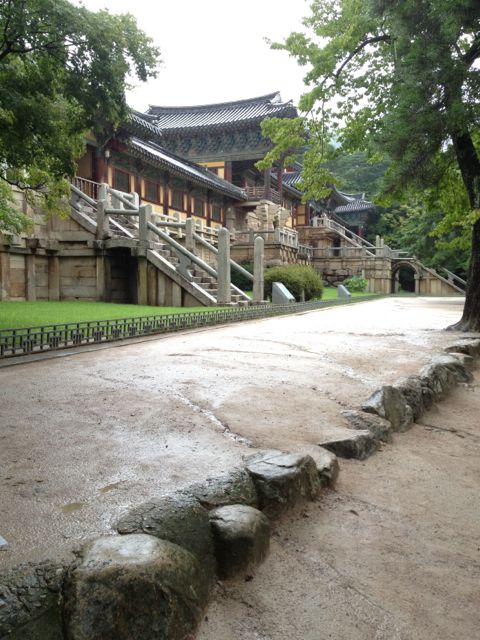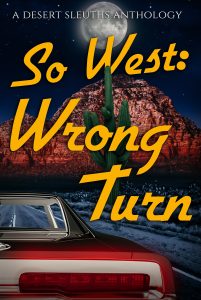Time to start the discussion of our next novel from The Bestseller Code 100 list, World War Z: An Oral History of the Zombie War by Max Brooks. This book is categorized as Apocalyptic Horror and is a follow-up to Brooks’ zombie survival manual, The Zombie Survival Guide. A movie with the same name was made from World War Z in 2013, starring Brad Pitt.
This post does contain spoilers.
World War Z: An Oral History of the Zombie War* by Max Brooks (2007)
(*Amazon Affiliate link)
Zombie War Interviews
World War Z is different from any of the other books we’ve read so far in that it is a series of interviews of survivors of the Zombie War, which decimated the earth’s population and drastically altered the political and religious makeup of the world. Since the interviews are of survivors, it’s obvious that humans won the war against the non-humans, although there are still millions of zombies “surviving” in the cold zones of the world and in the depths of the oceans. In addition, the interview format creates a “distance” from the events that seems to minimize the “horror” aspect of the story, which was good for me, as I am definitely not a fan of horror anything.
In my last review (Weird Sisters), I mentioned that I was going to read The Bestseller Code again in an effort to make more sense of how the books we’ve read so far made it on the bestseller list and hopefully better appreciate the subsequent books we plan to read. In fact, both Roberta and I wanted to read The Bestseller Code again, so we decided to give ourselves a three -week window for reading and reviewing World War Z. As so often happens, though, life intruded and I have not yet completed The Bestseller Code, but it’s time for this review, so I’ll go with using the information gleaned from the first two and a half chapters.
Understanding the Theme and Topic
Chapter Two of The Bestseller Code talks about theme and topic, and Jodie Archer and Matthew L. Jockers, the book’s authors, often use those two words interchangeably, which I found rather confusing. I was taught to think of theme as being the main idea or underlying meaning of a book, while topics (or subjects) being the avenue used by the author to present his underlying meaning. In high school English class, theme seemed to be an important thing to figure out if you wanted to pass the test, but it doesn’t seem to have much bearing on whether a book is a bestseller or not. Instead, the topic is much more important and The Bestseller Code goes into great detail about what topics are used most frequently in bestsellers and those rarely used.
It’s easy to confuse theme with genre. One of the most popular book genres is romance novels, but the theme of romance novels isn’t really “romance” as much as it is the experience of love. Readers want to feel an experience – an emotional, mental, imaginative experience. And in order for the author to convey that experience, the topics they choose are vital. Equally important are the percentage of topics used within the novel.
Signature Topic – Human Connections
Surprisingly, the computer model created by Archer and Jockers showed that some of the least successful topics to use if you want to write a bestseller are sex, drugs, and rock and roll. The most successful topic is human closeness and human connection. The most successful bestseller writers who have mastered writing about “human closeness” and “human connection” are Danielle Steele and John Grisham. In Chapter Two, The Bestseller Code states that these authors “have only one signature theme, not two, that takes up a whole third (on average) of each of their novels. This likely helps with their branding. All the many other topics each writer employs are used in tiny percentages.” (This is one instance where the authors use the term “theme” when it really seems they mean topic.)
So how does a book about zombies and a global war become a bestseller? It does so by employing the topic of “human closeness and human connection” in each and every chapter. World War Z main theme is a social commentary on several fronts, including government ineptitude, corporate greed, and isolationism. Each chapter highlights this theme by interviewing another zombie war survivor who relates his/her story of family loss, fleeing zombie-infested zones, and fighting side by side with comrades. Each chapter is a roller coaster ride of emotions – anxiety about which family member might present symptoms of the zombie virus next, fear of being found by zombies and infected themselves, hope when they discover other non-infected humans they can band with, and relief that they might just survive after all.
The Story Beat
These emotional highs and lows in each chapter, or moments of conflict and resolution to use more literary terms, produce a “beat” that is discussed in Chapter Three of The Bestseller Code. Those beats, or emotional turns, as Archer and Jockers refer to them, cause the reader to “feel” the book like one would feel club music. “The more frequent the peaks and valleys are, the more of an emotional roller coaster for the characters and for readers.” The Bestseller Code presents 7 different graphs that plot out the moments of conflict and resolution, and while they don’t reveal which of these graphs go with each book on the 100 Bestseller book list that their computer algorithm created, World War Z obviously fit one of those seven graphs.
World War Z is not a book I would have chosen to read on my own and while it was a bestseller, it didn’t impress me much – a week after I finished reading it, I could remember only one character from one chapter. Possibly that is because I never bought into the whole “zombie” or “undead” premise, so it was difficult to become emotionally encumbered by any particular character or the book as a whole. I did find certain themes thought provoking, though. Specifically, I had an interesting conversation with my husband about the fact that during the Zombie War, the least useful individuals in the new world order were highly educated professionals and business people. In a world without electricity, without modern day conveniences such as computers and cell phones, CEOs and accountants and computer specialists were essentially dead weight, while people who had a skill or had worked what were considered “menial labor” jobs – farmers, plumbers, carpenters, etc. – were suddenly at the top of the social hierarchy. World War Z highlighted a disturbing trend in our present day world, where so many people can no longer do simple repairs or grow their own food, and only know how to rely upon technology to find an answer to a question.
What did you think of World War Z? Were any of the characters memorable to you? Did it inspire you to tell anyone about the book or discuss any of its themes?
Related posts:
- Book-beginnings, a discussion of the first line of the novel
- Karen’s review from a reader’s perspective
- Roberta’s review from a writer’s perspective
- After you finish the book, you might want to drop by to take our survey.
You can also join us on social media:
- The Bestseller Code 100 Pinterest Page
- Twitter: #BestsellerCode100
- Facebook: Bestseller Code 100 Reading Group
- The full list is now posted on GoodReads
__________________
What are we reading next?
If you ever have questions about what we are reading next or when we’re starting the next discussion, check the 100 Book List tab in the navigation bar at the top of the blog.
The next book is number 86. Easy Prey by John Sandford (2001) -mystery (series)- Discussion begins May 29, 2017


